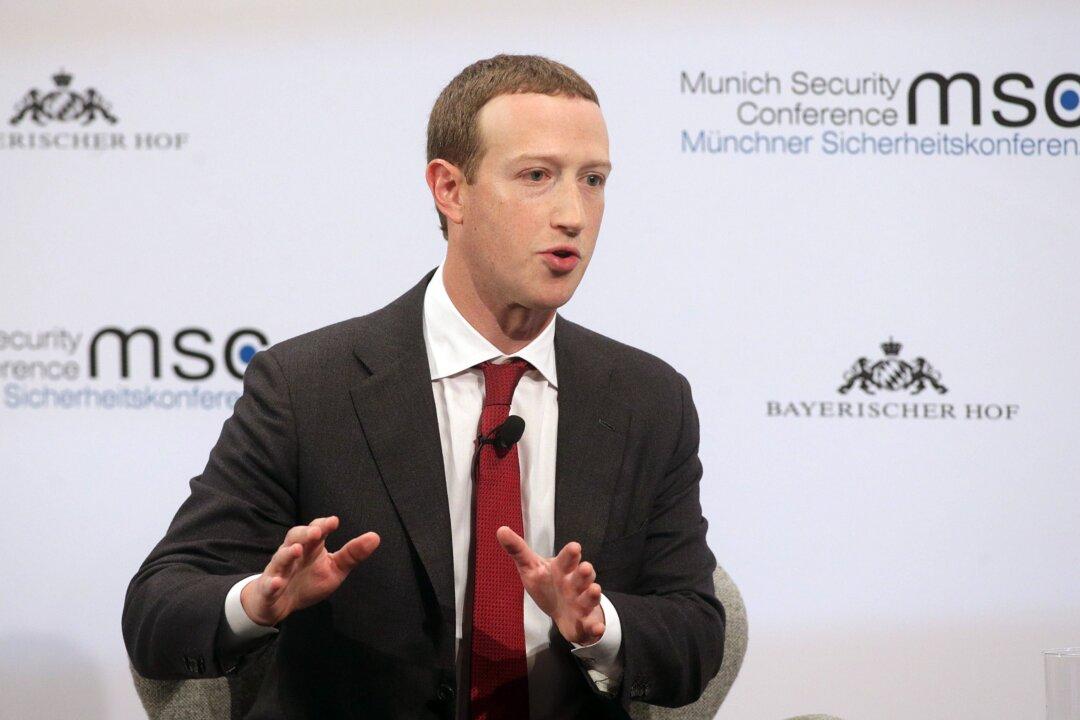Meta’s sweeping news ban across Australia in early 2021, which saw the Facebook pages of non-profits and government entities also shut down, was a deliberate ploy by the tech giant’s top brass to gain leverage during heated negotiations over an impending media payment law.
The U.S.-based Whistleblower Aid revealed on May 5 that it had filed disclosures with the U.S. Department of Justice and Australian Competition and Consumer Commission (ACCC) on behalf of former Facebook employees.





